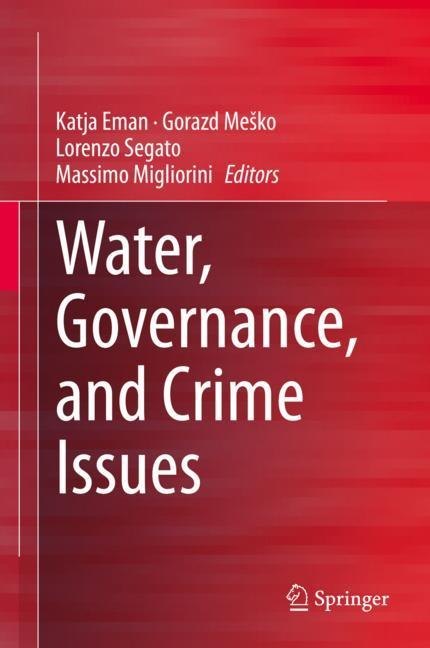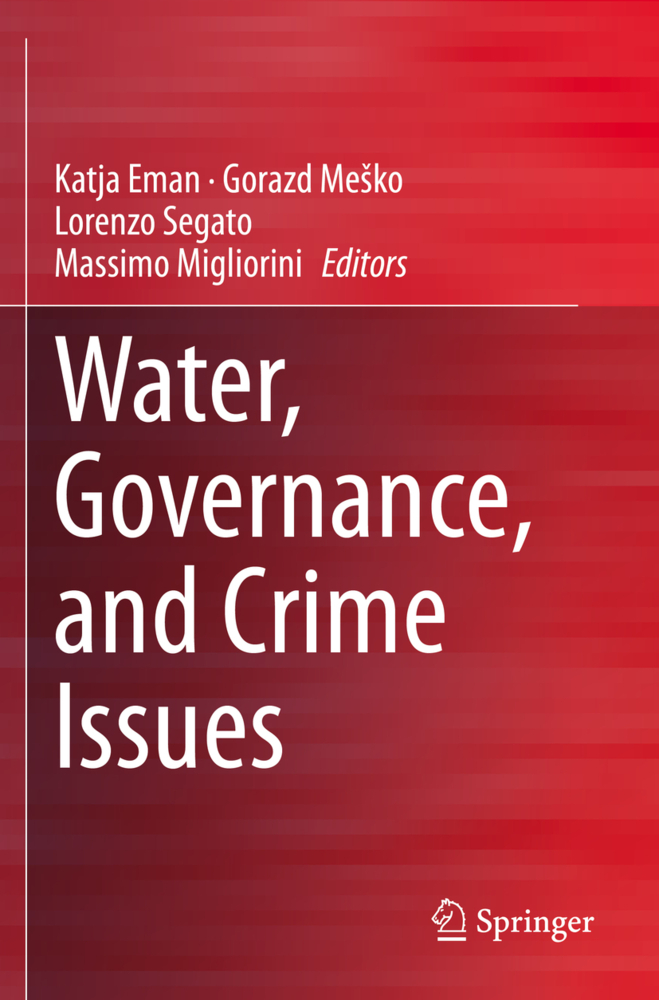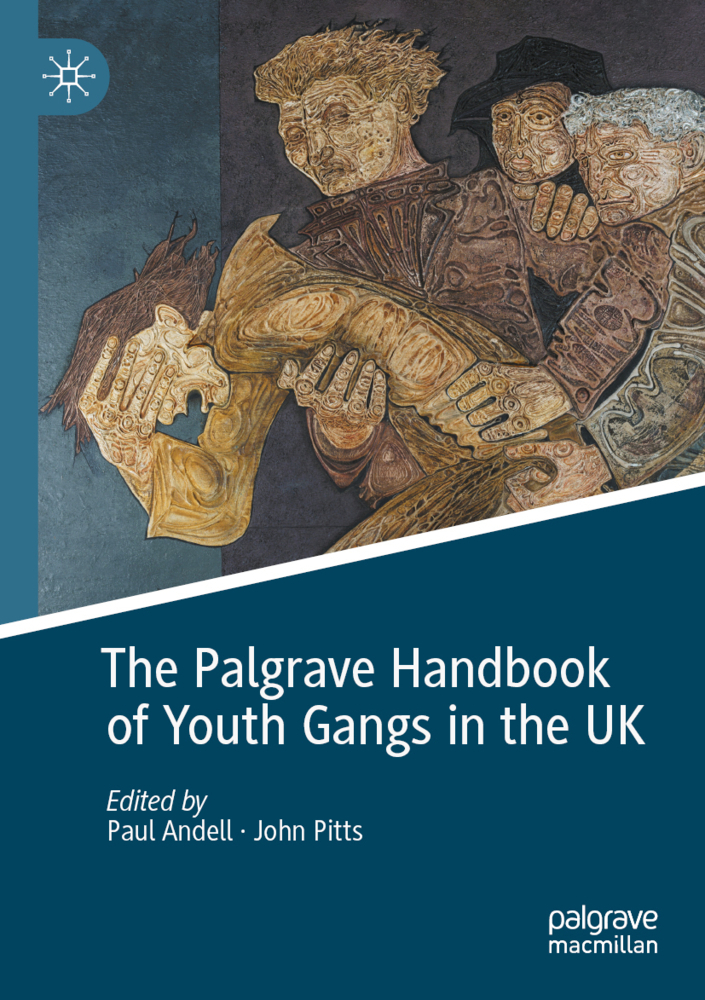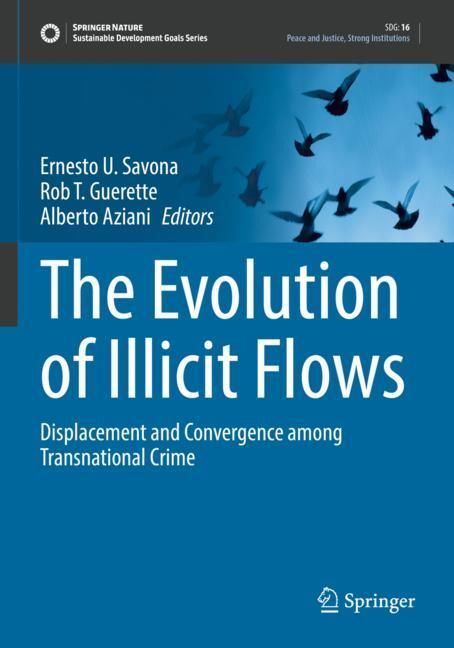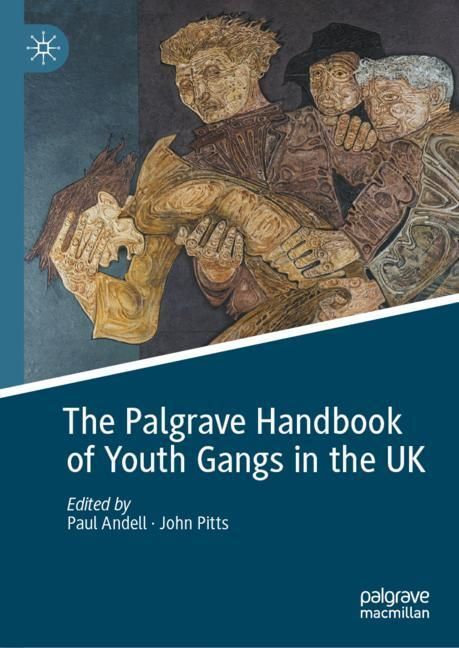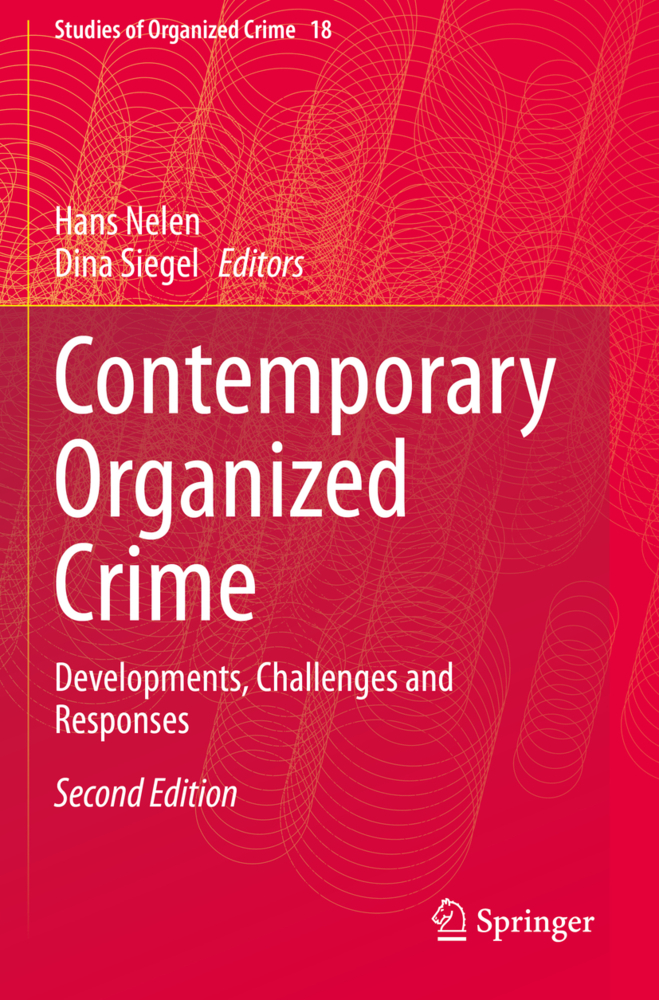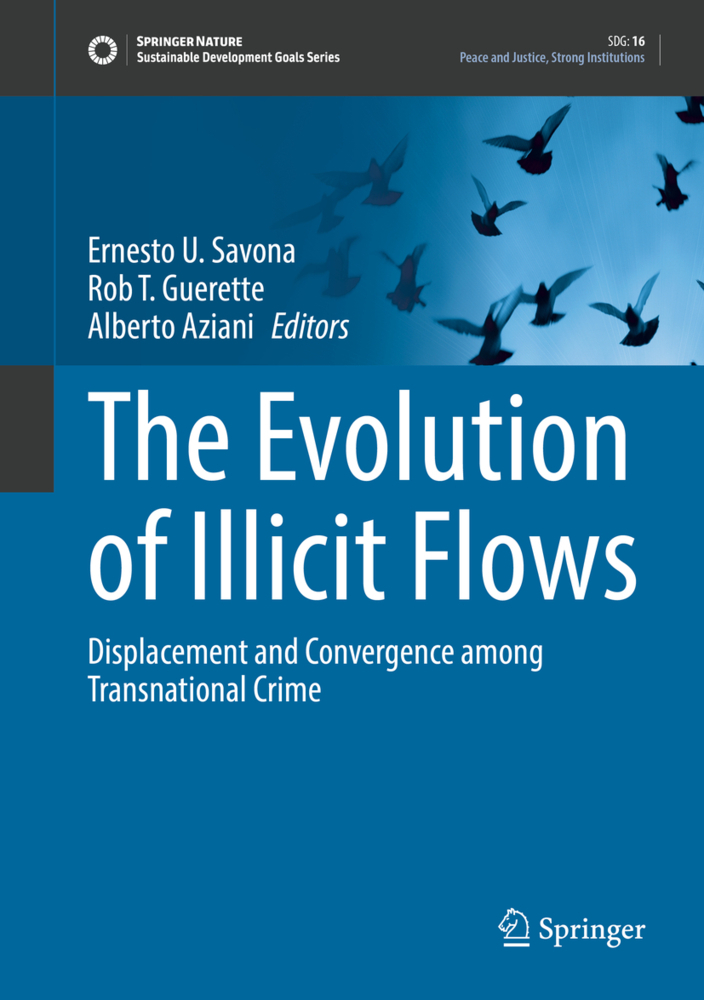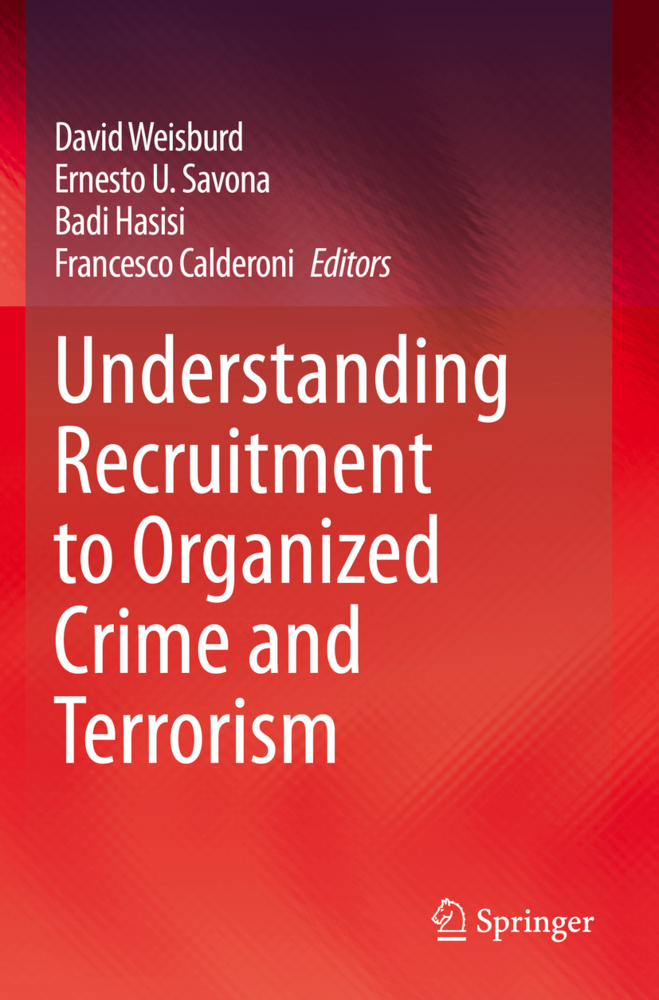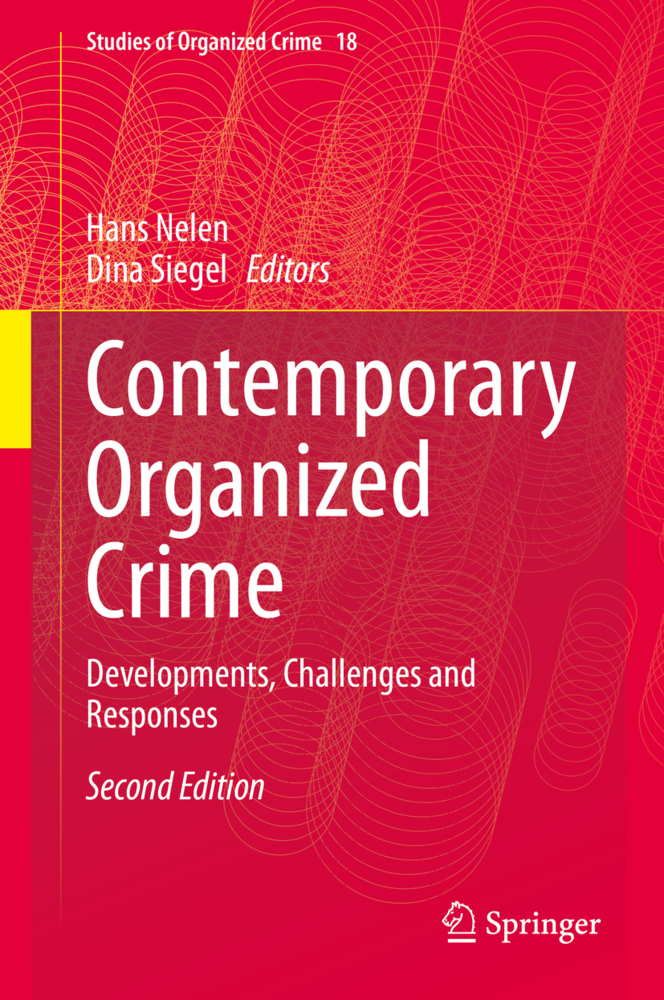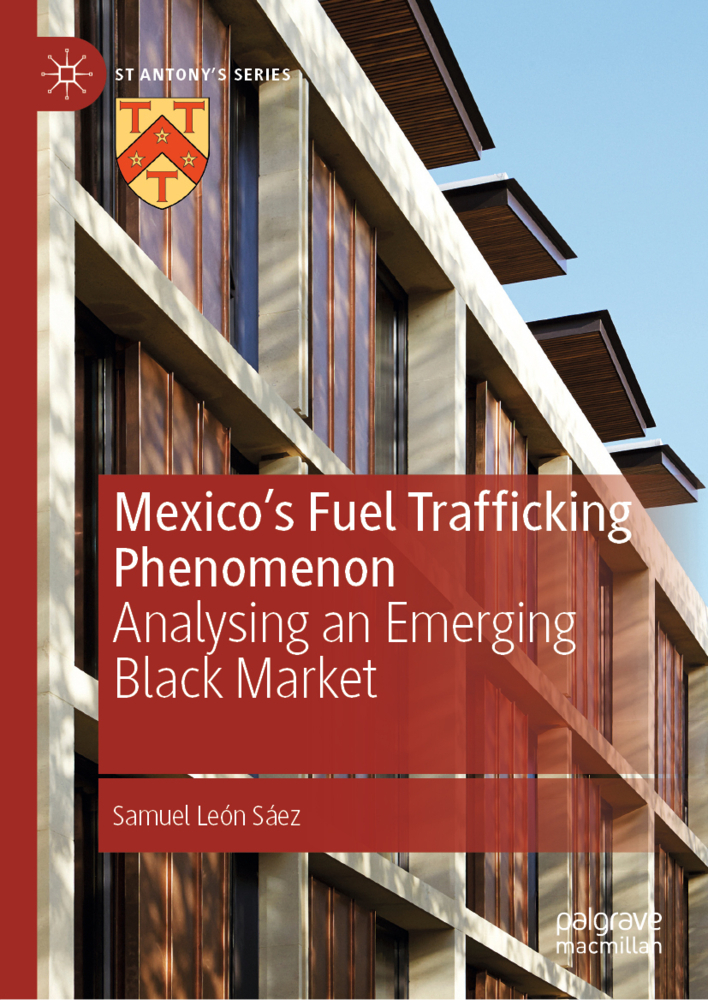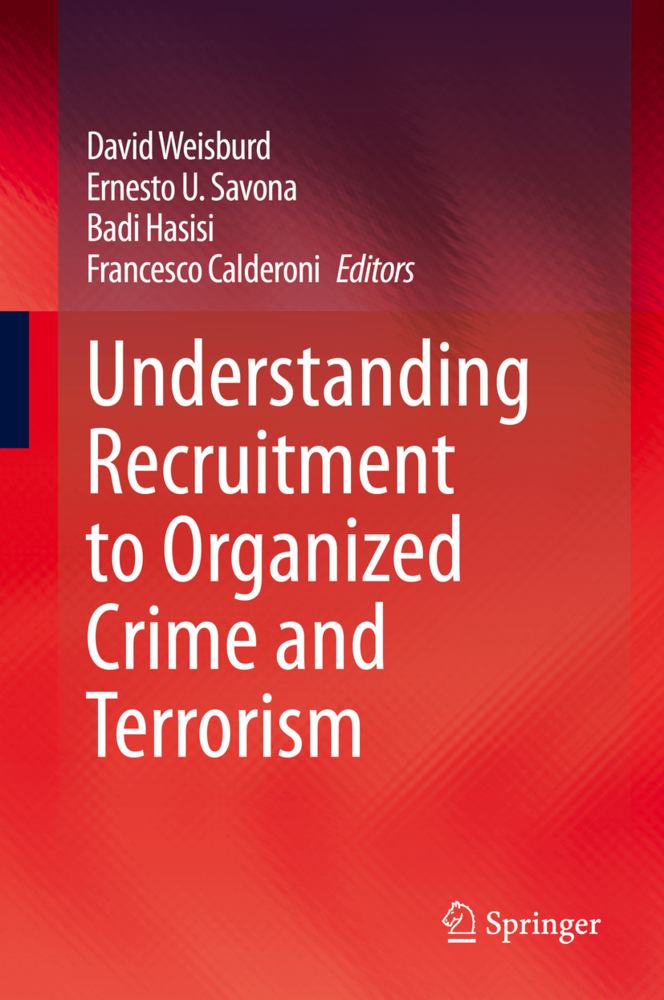This book provides an overview of crimes involving water, including pollution, illegal dumping, and supply chain disruption from a criminological perspective. It examines a multifaceted issue from a comparative policy perspective supplemented with individual case studies to provide insights on the magnitude of the problem as well as possible solutions and policy recommendations. As growing populations and economic sectors continue to put unprecedented pressures on water supplies, the book aims to contribute to a better understanding of the problem in order to ensure the sustainability, long-term viability, and equitable use of this essential resource.
The first part of the volume examines criminological and policy perspectives, including an overview of regulatory approaches, privatization of water resources, and the scope of the criminal problem in this area. The second part presents informative case studies from a variety of different regional and social contexts. Finally, the editors present an outlook in policy and enforcement improvements.
This work will be of interest to researchers in criminology, criminal justice, public policy, and comparative law, as well as those studying environmental regulations and sustainability.
Water, Governance and Crime Issues is a much needed addition to the growing original contributions of green criminology. This volume captures the complex landscape of water crimes, including the numerous disparities and inequalities of there being too much water in some places and too little in others amongst the many complexities. The edited collection also covers conceptual issues (i.e. water as a human right) as well as practical hurdles (i.e. the challenges in keeping statistics on offences) and real world examples. Many of the chapters are likely to introduce readers to new issues and the interplay with a myriad of traditional problems - corruption, organised crime, privatisation, and terrorism. I agree with the editors and authors that water crime issues deserve further scientific study and this provides a solid starting point.
-Dr. Tanya Wyatt, University of Northumbria
Population growth and urbanization, more frequent droughts due to climate change, the privatization of and unequal access to water resources and increasing water pollution are just some of the contemporary and future challenges relating to water crimes. Water, Governance and Crime Issues speaks to the scientific relevance of water for (green) criminology as well as the policy implications of water crimes. Several of the cases in this edited book refer to countries and regions we do not usually hear about and yet are perfect illustrations of the challenges faced in governing and studying water crimes.
-Dr. Lieselot Bisschop, Erasmus School of Law
Katja Eman , Ph.D., is an Assistant Professor of Criminology at the Faculty of Criminal Justice and Security, University of Maribor, Slovenia. Her doctoral thesis was entitled Crimes against the environment - comparative criminology and criminal justice perspectives (2012), and she is the author of Environmental crime and criminology: crime phenomena and development of a green criminology in Slovenia (Scholar's Press, 2014). She participated in a research on water crimes in Europe (2016-2017) and is currently a lead researcher in the EU research project SHINE on sexual harassment in nightlife city areas (2020-2022).
Gorazd Mesko, Ph.D., is a Professor of Criminology at the Faculty of Criminal Justice and Security, University of Maribor, Slovenia. He was a lead editor of books entitled on Trust and Legitimacy in Criminal Justice: European Perspectives (Mesko & Tankebe; Springer, 2015), Handbook on Policing in Central and Eastern Europe (Mesko, Fields, Lobnikar & Sotlar, 2013) and Managing and Understanding Threats to the Environment (Mesko, Dimitrijevi? & Fields; Springer, 2011). He participated in a research project on water crimes in Europe (2016-2017) and is currentl
The first part of the volume examines criminological and policy perspectives, including an overview of regulatory approaches, privatization of water resources, and the scope of the criminal problem in this area. The second part presents informative case studies from a variety of different regional and social contexts. Finally, the editors present an outlook in policy and enforcement improvements.
This work will be of interest to researchers in criminology, criminal justice, public policy, and comparative law, as well as those studying environmental regulations and sustainability.
Water, Governance and Crime Issues is a much needed addition to the growing original contributions of green criminology. This volume captures the complex landscape of water crimes, including the numerous disparities and inequalities of there being too much water in some places and too little in others amongst the many complexities. The edited collection also covers conceptual issues (i.e. water as a human right) as well as practical hurdles (i.e. the challenges in keeping statistics on offences) and real world examples. Many of the chapters are likely to introduce readers to new issues and the interplay with a myriad of traditional problems - corruption, organised crime, privatisation, and terrorism. I agree with the editors and authors that water crime issues deserve further scientific study and this provides a solid starting point.
-Dr. Tanya Wyatt, University of Northumbria
Population growth and urbanization, more frequent droughts due to climate change, the privatization of and unequal access to water resources and increasing water pollution are just some of the contemporary and future challenges relating to water crimes. Water, Governance and Crime Issues speaks to the scientific relevance of water for (green) criminology as well as the policy implications of water crimes. Several of the cases in this edited book refer to countries and regions we do not usually hear about and yet are perfect illustrations of the challenges faced in governing and studying water crimes.
-Dr. Lieselot Bisschop, Erasmus School of Law
Katja Eman , Ph.D., is an Assistant Professor of Criminology at the Faculty of Criminal Justice and Security, University of Maribor, Slovenia. Her doctoral thesis was entitled Crimes against the environment - comparative criminology and criminal justice perspectives (2012), and she is the author of Environmental crime and criminology: crime phenomena and development of a green criminology in Slovenia (Scholar's Press, 2014). She participated in a research on water crimes in Europe (2016-2017) and is currently a lead researcher in the EU research project SHINE on sexual harassment in nightlife city areas (2020-2022).
Gorazd Mesko, Ph.D., is a Professor of Criminology at the Faculty of Criminal Justice and Security, University of Maribor, Slovenia. He was a lead editor of books entitled on Trust and Legitimacy in Criminal Justice: European Perspectives (Mesko & Tankebe; Springer, 2015), Handbook on Policing in Central and Eastern Europe (Mesko, Fields, Lobnikar & Sotlar, 2013) and Managing and Understanding Threats to the Environment (Mesko, Dimitrijevi? & Fields; Springer, 2011). He participated in a research project on water crimes in Europe (2016-2017) and is currentl
Eman, Katja
Mesko, Gorazd
Segato, Lorenzo
Migliorini, Massimo
| ISBN | 9783030447984 |
|---|---|
| Artikelnummer | 9783030447984 |
| Medientyp | E-Book - PDF |
| Copyrightjahr | 2020 |
| Verlag | Springer-Verlag |
| Umfang | 245 Seiten |
| Sprache | Englisch |
| Kopierschutz | Digitales Wasserzeichen |

